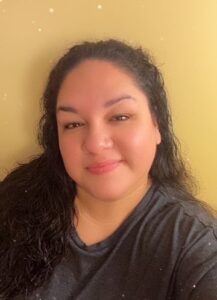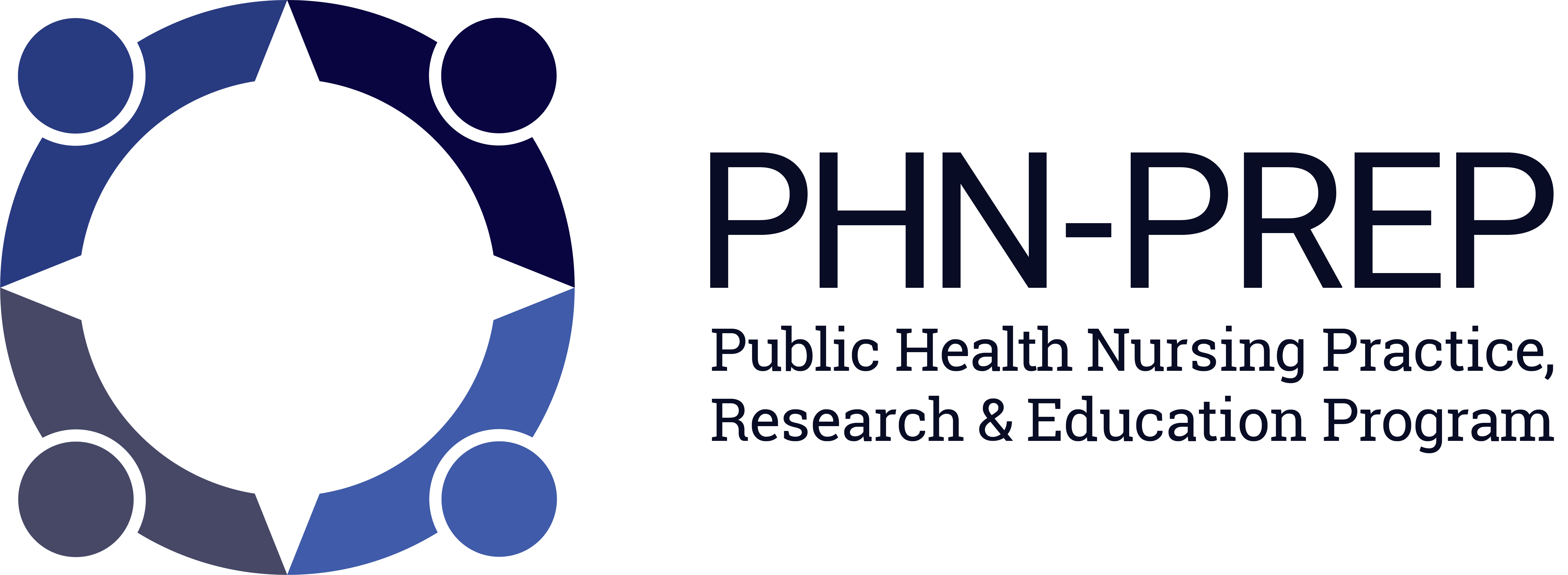Walking in a good way with First Nations, Métis, & Inuit clients
This is an archive of a past event.
This session explores culturally responsive, trauma-informed care for Indigenous families, emphasizing respect and understanding. Participants will learn about the impacts of racism on health outcomes and the importance of holistic approaches, such as the “Two-Eyed Seeing” framework, which integrates Indigenous and Western knowledge. The session will provide insights into Indigenous perspectives on mental health, emotional well-being, and the interconnectedness of the Medicine Wheel. Strategies for acknowledging diverse parenting approaches, asking open-ended, neutral questions to learn someone’s story, and responding compassionately to disclosures of difficult experiences will be discussed. Through these topics, the session aims to deepen understanding of intergenerational trauma, promote cultural safety, and enhance practices that support trust and healing in Indigenous communities.
By the end of this event, participants will be able to:
- Understand the effects of intergenerational trauma and stigma on First Nations, Métis, and Inuit (FNMI) families.
- Develop strategies and build confidence to engage in meaningful discussions about mental health with FNMI clients.
- Recognize the importance of cultural safety and its role in fostering trust and healing.
- Incorporate holistic approaches, such as the Medicine Wheel, into practices supporting Indigenous families.
- Use open-ended, neutral questions to respectfully learn about clients’ experiences and perspectives.
Presenter(s)
 Trista Hill is from the Six Nations Reservation located along the Grand River. She is Mohawk nation, and her clan is Wolf. Trista is a proud mother to four children and a happily married wife of one year. Graduating from the Aboriginal Midwifery Training Programme in September 2017, Trista became the first Aboriginal Midwife to be hired at the Southwest Ontario Aboriginal Health Access Center (SOAHAC) in London, Ontario. Trista is currently stationed at the Waterloo Wellington SOAHAC office in Cambridge Ontario.
Trista Hill is from the Six Nations Reservation located along the Grand River. She is Mohawk nation, and her clan is Wolf. Trista is a proud mother to four children and a happily married wife of one year. Graduating from the Aboriginal Midwifery Training Programme in September 2017, Trista became the first Aboriginal Midwife to be hired at the Southwest Ontario Aboriginal Health Access Center (SOAHAC) in London, Ontario. Trista is currently stationed at the Waterloo Wellington SOAHAC office in Cambridge Ontario.

